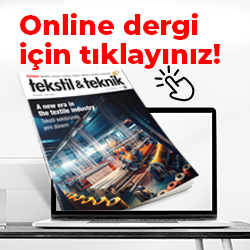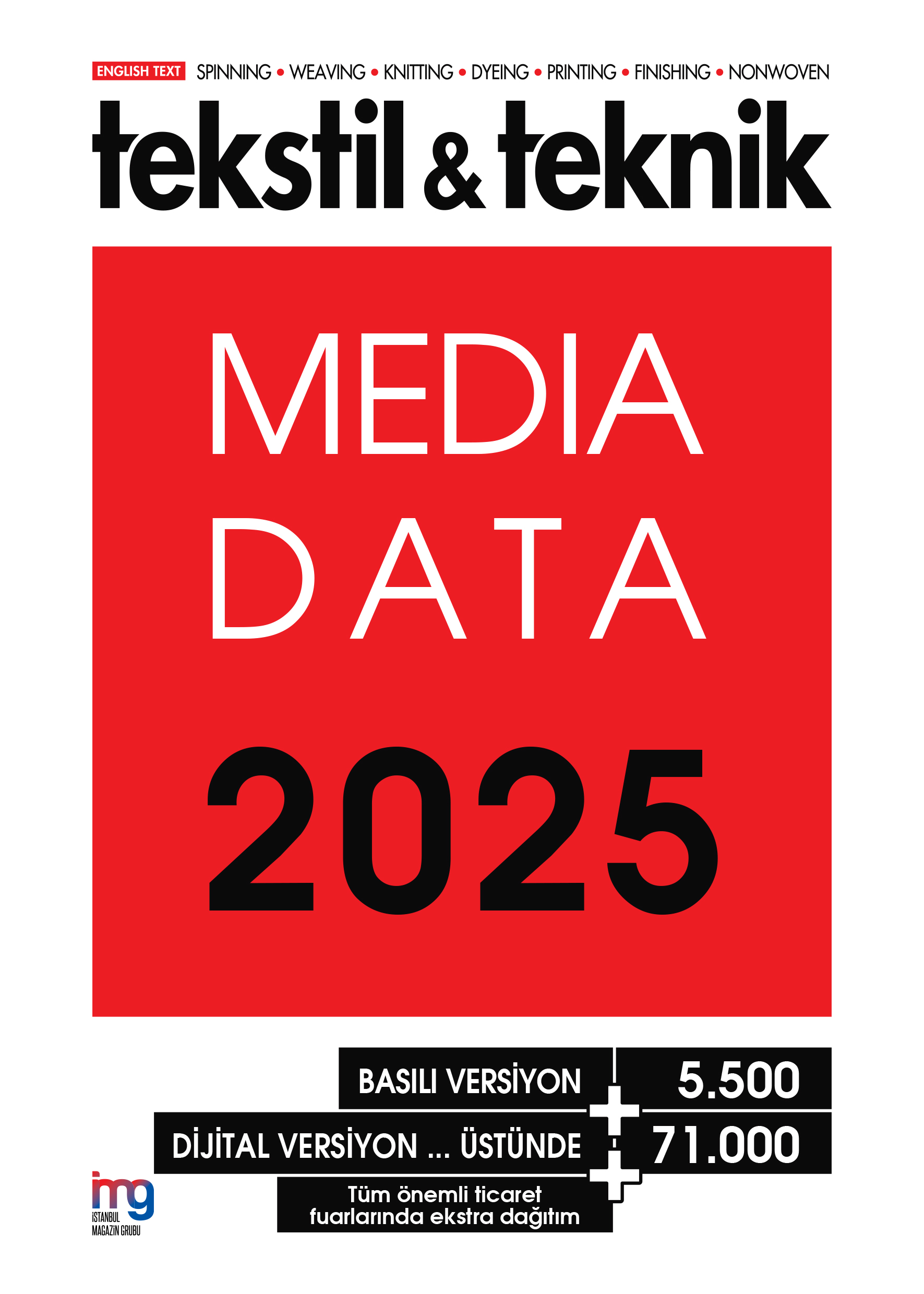Burkay: “It’s time to compete on value, not just price tags”
Burkay emphasizes that in order for the industry to navigate its way out of this bottleneck, it is essential to differentiate in production, generate lasting value, strengthen university-industry collaboration, invest in technical textiles, and implement sustainable policies.
As part of our special feature for the June 2025 issue, we spoke with Mr. İbrahim Burkay, Chairman of the Bursa Chamber of Commerce and Industry (BTSO), about the current challenges facing the textile industry and its strategies for the future. Highlighting the pressure caused by soaring costs, undervalued exchange rates, and difficulties in accessing finance, Burkay pointed to value-driven production, strategic investments, and a green transformation vision as key solutions. Projects like BUTEKOM, which boost R&D and technical production capabilities in textiles, showcase BTSO’s leadership in shaping the industry’s future direction.
İbrahim Burkay, Chairman of the Bursa Chamber of Commerce and Industry (BTSO), stated that rising costs, undervalued exchange rates, and difficulties in accessing financing have weakened the competitiveness of Türkiye’s textile sector. He highlighted that the TRY 30 billion credit package supported by the Credit Guarantee Fund (KGF), along with employment incentives tailored for the textile industry, are important steps. Burkay emphasized that raising limits and expanding these support mechanisms is of great importance for the business community. To ease short-term pressures, he called for the reinstatement of short-term employment allowance and a reduction in the cost of rediscount loans. He added, “Through our committees and councils, we have conveyed all sectoral concerns to the relevant authorities. We see a strong willingness to implement non-budgetary incentives swiftly.”
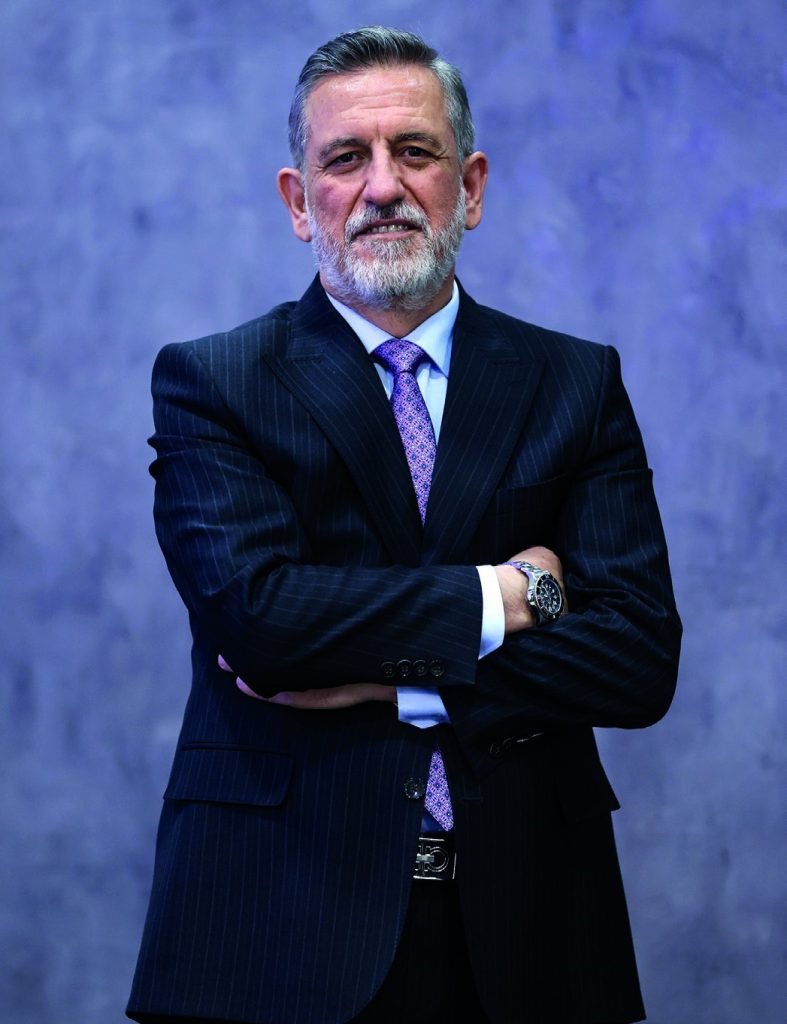
“We must differentiate our production”
Despite the negative impact of rising costs and low exchange rates on exports, Burkay expressed confidence in Türkiye’s ability to weather these difficulties thanks to its deep-rooted expertise and innovative mindset. “Despite all challenges, Türkiye remains one of the world’s most significant textile manufacturing and exporting hubs,” he said. “The sector currently provides direct employment to 1.5 million people and continues to act as a locomotive for the Turkish economy. But global competition intensifies every year—differentiation in production is now a must.”
“We must translate knowledge into production value”
Burkay underlined that in a global economy where old rules no longer apply, Türkiye must adopt a new growth strategy built on added value. “In an ecosystem where quality surpasses quantity, we need to generate long-term, sustainable value rather than quick fixes,” he stated. He also highlighted the importance of interface institutes that accelerate collaboration between academia and industry.
BUTEKOM: A strategic base for textile innovation
One of the best examples of this interface model is BUTEKOM (Bursa Technology Coordination and R&D Center), established under the umbrella of BTSO. Initially founded as a research unit under UTİB in 2008, BUTEKOM evolved into an integrated center of excellence in 2013. Burkay noted that today, BUTEKOM operates not only as a research hub but also as a model production center in technical textiles and advanced materials, with thousands of companies, hundreds of academics, and R&D centers working on joint projects.
Green Deal: No longer optional
Commenting on the EU’s 2030 Textile Strategy, Burkay stated that resilient, recyclable, environmentally friendly production processes that respect social rights are becoming essential. He emphasized that Türkiye could gain a stronger foothold in the European market if it successfully manages the twin transformation processes. As part of the BUTEXCOMP project, BTSO has launched a Green Product Program, with the goal of expanding it into large-scale initiatives.
Technical textiles could reshape the ecosystem
Burkay stressed the need to increase value-added production and boost Türkiye’s share in global technical textile trade, which currently stands below 5%. “The more we increase this share, the closer we get to a more competitive and sustainable production ecosystem,” he added.
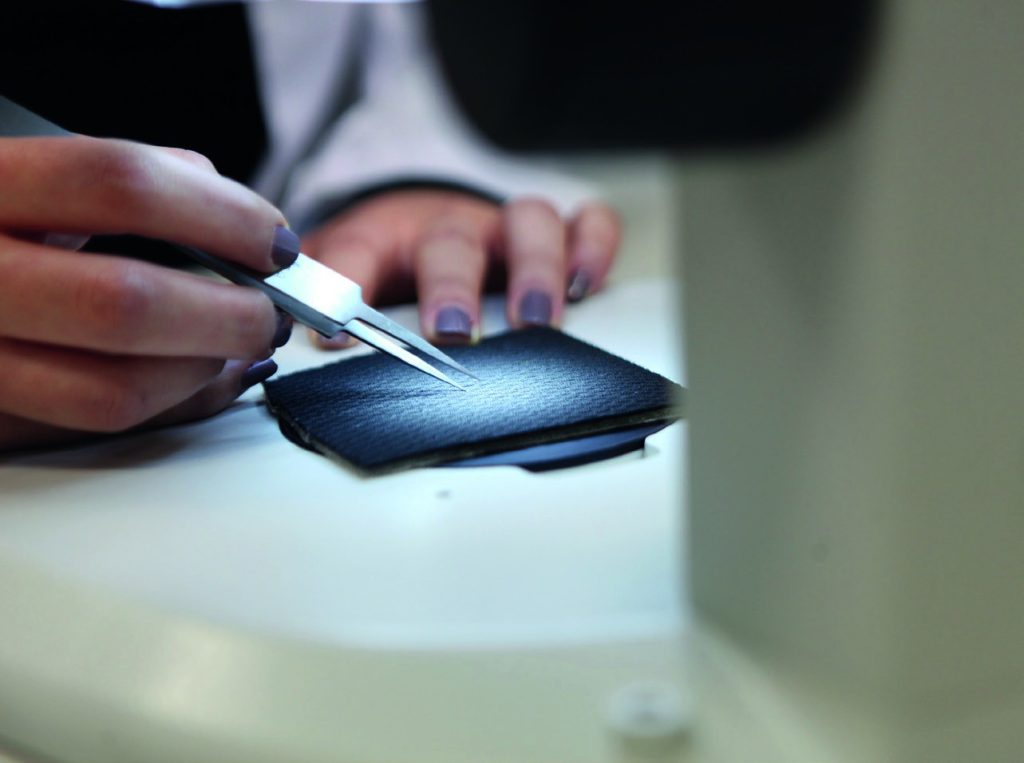
Design and innovation: Pillars of future growth
Burkay also pointed to the Textile Council and Local Strategy report prepared in collaboration with public institutions, local authorities, universities, and chambers as roadmaps for the sector. Through projects like BUTEKOM, the Model Factory, the Energy Efficiency Center, and BUTGEM, BTSO offers tangible solutions in technical textiles, clean production, water recycling, and employment. “Increasing the number of such projects will bring long-term and sustainable solutions to industry challenges,” he noted. “Our vision is to transform the textile industry into a platform where labor is enriched with innovation and design.”
Burkay concluded by emphasizing that Türkiye is one of only two countries in the world with an integrated textile production capacity—from fiber to fabric, and from ready-to-wear to home textiles. “Just like in the past, our industry today has the dynamism to turn crises into opportunities. But this potential must be activated with sustainable policy support,” he said.
***
Artan maliyetler tekstil sektörünün rekabet gücünü zorluyor
Burkay: “Fiyatla değil, katma değerle rekabet etmeliyiz”
Burkay, sektörün bu darboğazdan çıkabilmesi için üretimde farklılaşma, kalıcı değer üretme, üniversite-sanayi iş birliği, teknik tekstillere yönelim ve sürdürülebilir politikaların hayata geçirilmesinin şart olduğunu vurguluyor.
Haziran 2025 sayımız için hazırladığımız özel dosya kapsamında, tekstil sektörünün güncel zorluklarını ve geleceğe yönelik stratejilerini Bursa Ticaret ve Sanayi Odası (BTSO) Yönetim Kurulu Başkanı Sayın İbrahim Burkay ile konuştuk. Yüksek maliyetler, düşük kur politikaları ve finansmana erişim sıkıntılarının sektörü baskı altına aldığını belirten Burkay, çözüm için değer odaklı üretim, stratejik yatırımlar ve yeşil dönüşüm vizyonuna dikkat çekti. BUTEKOM gibi projelerle tekstilde Ar-Ge ve teknik üretim kapasitesini artıran BTSO’nun, sektöre yön verecek çalışmaları öne çıkıyor.
Bursa Ticaret ve Sanayi Odası (BTSO) Yönetim Kurulu Başkanı İbrahim Burkay, yüksek maliyetler, enflasyonun altında değerlenen döviz kurları ve finansmana erişimde yaşanan zorlukların tekstil sektörünün rekabet gücünü olumsuz etkilediğini söyledi. Hazine ve Maliye Bakanlığı tarafından açıklanan 30 milyar TL’lik KGF destekli kredi paketi ile tekstil sektörü özelinde uygulanan istihdam desteklerinin önemli adımlar olduğunu vurgulayan Burkay, limitlerin artırılması ve destek mekanizmalarının genişletilmesinin iş dünyası için büyük önem taşıdığını dile getirdi. İş dünyasının kısa vadede nefes alabilmesi için kısa çalışma ödeneğinin yeniden devreye alınması gerektiğini belirten Burkay, reeskont kredilerinin maliyetlerinin de düşürülmesini talep etti. Komite ve konsey çalışmalarıyla sektörün tüm sorunlarını ilgili kurumlara ilettiklerini ifade eden Burkay, “Özellikle bütçeye dayalı olmayan desteklerin hızla hayata geçmesi için ciddi bir irade olduğunu görüyoruz.” dedi.
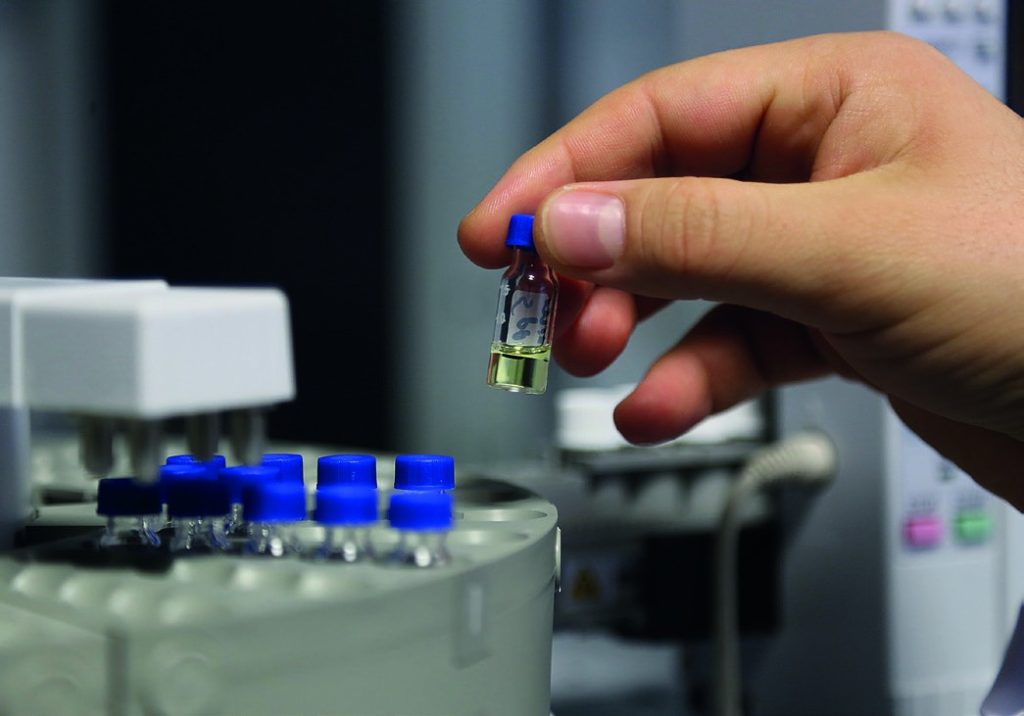
“Üretimde farklılaşmak zorundayız”
Artan maliyetler ve düşük döviz kurlarının ihracatı olumsuz etkilediğini ancak Türk tekstil sektörünün tarihsel birikimi, tecrübesi ve yenilikçi yaklaşımıyla dönemsel zorlukları aşacak güçte olduğunu dile getiren İbrahim Burkay, “Tüm zorluklara karşın Türkiye, tekstil sektöründe hala dünyanın en önemli üretim ve ihracat merkezleri arasında. Bugün 1,5 milyon kişiye doğrudan istihdam sağlayan tekstil sektörü, Türkiye ekonomisinin lokomotifi konumunda. Ancak küresel ticarette rekabet her geçen yıl daha da artıyor. Bu durum üretimde farklılaşmayı zorunlu kılmaktadır.” diye konuştu.
“Bilginin değerini üretime taşımalıyız”
BTSO Yönetim Kurulu Başkanı Burkay, küresel ekonomide ezberlerin bozulduğu, yeni nesil hammaddeler, karbon nötr hedefleri ve döngüselliğin ön plana çıktığı bir dönemde Türkiye’nin katma değere dayalı yeni bir büyüme stratejisine ihtiyacı olduğunu vurguladı. “Niteliğin niceliğin önüne geçtiği bir ekosistemde, kısa vadeli çözümler yerine uzun soluklu, kalıcı değerler üretmeliyiz.” diyen İbrahim Burkay, bu kapsamda üniversitelerle sanayi arasında hızlandırıcı rol oynayan ara yüz enstitülerin önemine dikkat çekti.
BUTEKOM tekstilin geleceği için stratejik üs
BTSO çatısı altında faaliyet gösteren BUTEKOM’un bu alandaki en önemli örneklerden biri olduğunu kaydeden Burkay, 2008 yılında UTİB bünyesinde araştırma birimi olarak kurulan BUTEKOM’un, 2013 yılından itibaren mükemmeliyet merkezleriyle donatılmış entegre bir yapıya dönüştüğünü ifade etti. BUTEKOM’un bugün araştırma merkezi kimliğiyle birlikte teknik tekstiller ve ileri malzemeler alanında üretim yapan bir model haline geldiğini belirten Burkay, “Binlerce firmamız, yüzlerce akademisyenimiz, Ar-Ge merkezlerimiz bu yapıda ortak projeler yürütüyor.” diye konuştu.
Yeşil Mutabakat artık tercih değil
AB’nin 2030 Tekstil Stratejisi doğrultusunda, dayanıklı, geri dönüştürülebilir, çevre dostu yöntemlerle ve sosyal haklara duyarlı üretim süreçlerinin öne çıktığını kaydeden Burkay, Türkiye’nin ikiz dönüşüm süreçlerini başarıyla yönetmesi halinde Avrupa pazarında çok daha etkili olabileceğini ifade etti. BUTEXCOMP projesi kapsamında Yeşil Ürün Programı’nı hayata geçirdiklerini de belirten İbrahim Burkay, bu programı büyük ölçekli projelerle büyütmeyi hedeflediklerini söyledi.
Teknik Tekstil ekosistemi değiştirebilir
İbrahim Burkay, “Tekstil sektöründe artık katma değerli üretimi ve teknik tekstildeki payımızı artırmamız gerekiyor. Teknik tekstilde dünya ticaretinden aldığımız pay %5’in altında. Bu oranı ne kadar yukarı taşıyabilirsek, o denli rekabetçi ve sürdürülebilir bir üretim ekosistemini de oluşturmuş olacağız.” dedi.
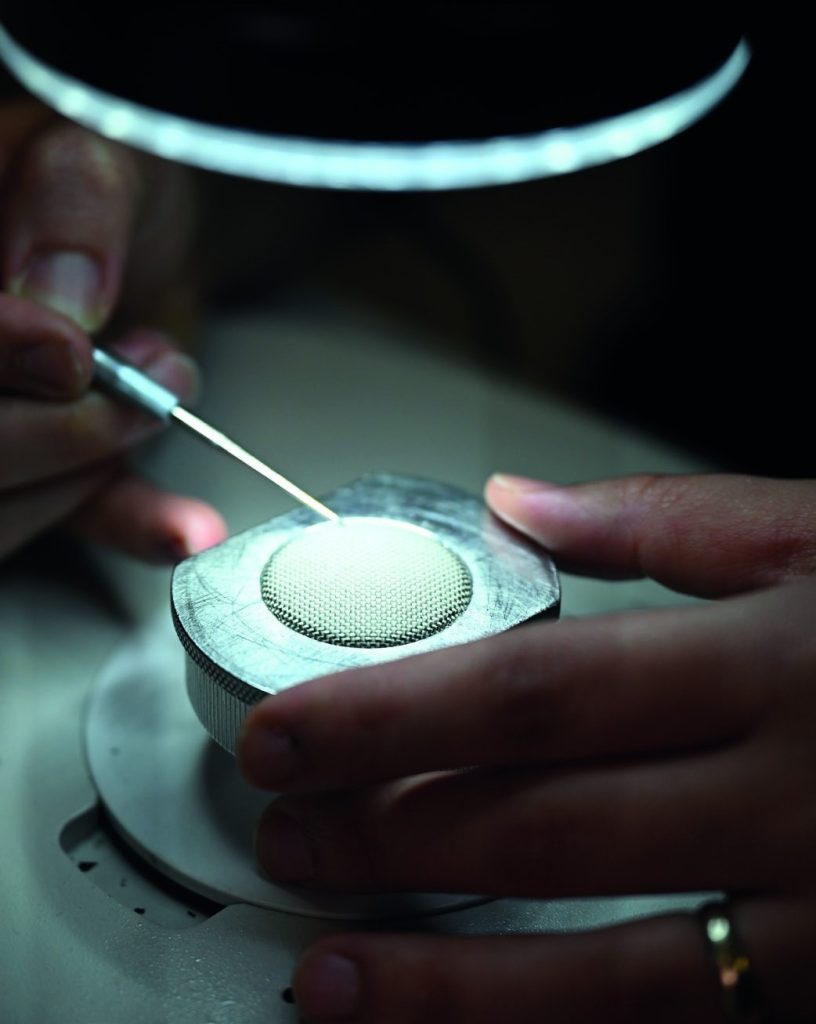
Tasarım ve inovasyonla büyüme hedefi
İbrahim Burkay, BTSO bünyesinde sektör temsilcileri, kamu ve yerel yönetimler, üniversiteler ve akademik odalarla birlikte ortak akıl platformu olan Tekstil Konseyi’nin çalışmalarıyla hazırlanan Tekstil Sektör Raporu ve Yerel Strateji’nin sektöre yol gösterici olduğuna dikkat çekti. Bursa Ticaret ve Sanayi Odası’nın, BUTEKOM, Model Fabrika, Enerji Verimliliği Merkezi ve BUTGEM gibi projelerimizle sektörde teknik tekstil, temiz üretim, su geri kazanımı ve istihdam alanlarında çözümler sunduğunu belirten Burkay, “Bu tür projelerin artması, sektördeki sorunlara kalıcı ve sürdürülebilir çözümler getirecektir. Tekstil sektörümüzü emeğin inovasyonla, tasarımla yoğrulduğu bir platforma dönüştürmeyi hedefliyoruz.” diye konuştu.
Türkiye’nin iplikten kumaşa, hazır giyimden ev tekstiline kadar entegre üretim kapasitesine sahip dünyadaki iki ülkeden biri olduğunu belirten Burkay, “Sektörümüz, geçmişte olduğu gibi bugün de krizleri fırsata çevirebilecek dinamizme sahip. Ancak bu potansiyelin harekete geçmesi için sürdürülebilir politikalarla desteklenmesi gerekiyor.” ifadelerini kullandı.





